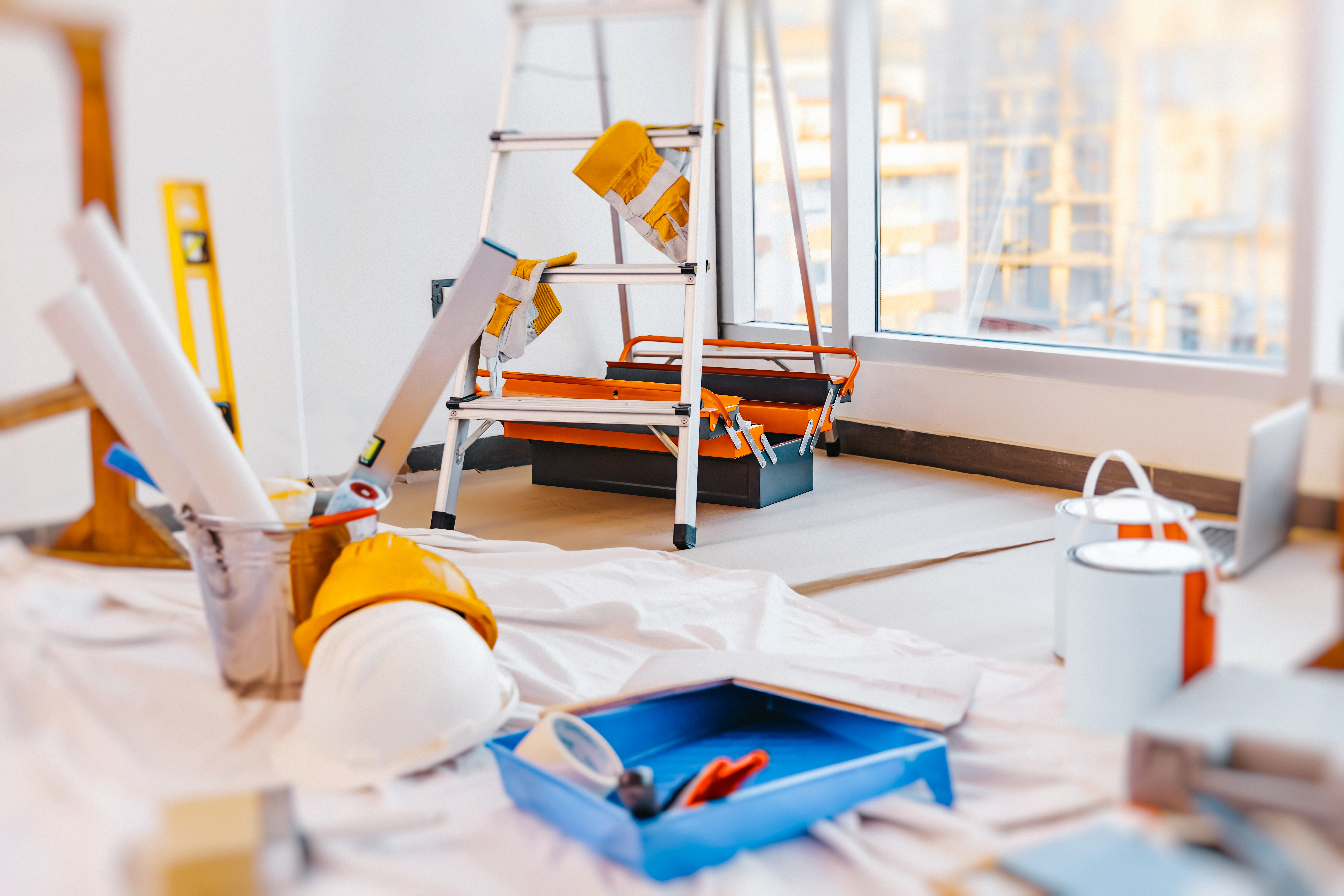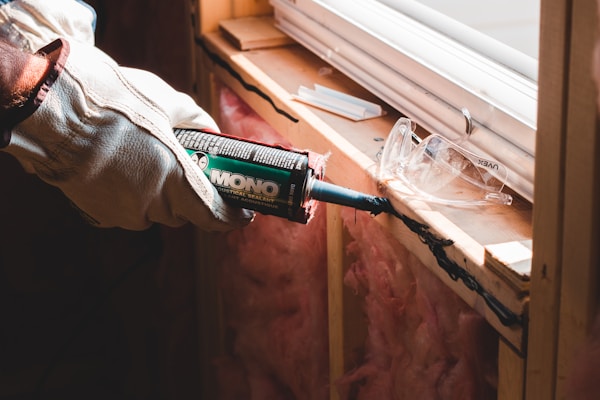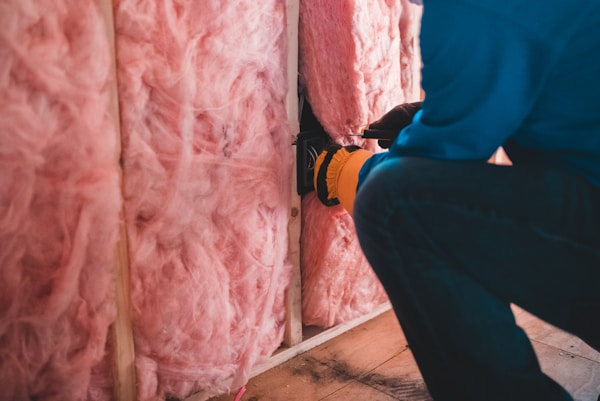
Home improvement projects can range from simple upgrades to more complex renovations. Although these endeavors can be rewarding, they can also be overwhelming and time-consuming without proper planning and organization. This article will provide tips and strategies for making home improvement projects easier and more enjoyable. Keep reading to learn how to tackle any home improvement project with confidence and ease successfully.
Planning and Estimating

Before beginning any home improvement project, planning and estimating the tasks and materials needed thoroughly is essential. This process starts with determining the project’s scope, outlining major milestones, and creating a realistic timeline for completion. Knowing when and how tasks should be done will help in scheduling and organization, reducing the chances of delays and unexpected issues.
Estimating is a crucial aspect of planning, as it helps to anticipate the project’s overall cost, materials, and labor required. This information can come from various sources, such as online research, professional consultations, or speaking with friends and family who have undertaken similar projects. A proper budget will prevent overspending, and accurate quotes from a home improvement company can help you stay within budget.
However, remaining flexible during the planning and estimating stages is important. Unexpected challenges and circumstances may arise, so it’s best to allow additional time and budget in case of contingencies. Adequate planning and estimating will ensure the project runs smoothly and efficiently, saving time and money in the long run.
Maintain Organization
Keeping organized throughout the home improvement project is essential to staying on track and on schedule. Ensuring that tools, materials, and paperwork are in designated locations reduces stress and confusion, saving time and energy. Consider developing a system for labeling and storing items in easy-to-access places so that they are readily available when needed.
Additionally, establishing daily or weekly goals will help maintain motivation and focus. These goals should be realistic and achievable, as constantly missing deadlines can lead to feelings of discouragement and dissatisfaction. Regularly assessing progress towards these goals will also encourage adaptability and change when necessary, preventing stagnant progress.
Communication is key to maintaining organization, especially when working with others on a home improvement project. Clear and open communication regarding tasks, schedules, and expectations can minimize misunderstandings and foster a cooperative atmosphere. Keeping all parties informed and engaged in the project’s progress is vital to avoid potential errors and delays.
Seek Expert Advice
When it comes to home improvements, numerous resources, such as professionals, books, websites, and even online forums, are available to provide expert advice. Do not hesitate to seek help and guidance from such sources, as this information could be invaluable to your project’s success.
One of the best ways to ensure the success of home improvement is by hiring experienced professionals. They can provide insights and solutions that may not have been considered previously, greatly benefiting the scope and outcome of the project. Moreover, outsourcing tasks beyond personal expertise reduces the likelihood of costly errors or delays.
Practice Patience and Flexibility

Many home improvement projects will encounter unexpected challenges and setbacks. Approaching these situations with patience and flexibility is imperative for maintaining a positive attitude and ensuring progress continues despite any roadblocks. Accepting that unforeseen obstacles may occur can help to keep a level-headed perspective throughout the project.
Because home improvements can be stressful, it’s important to maintain balance by taking periodic breaks and focusing on self-care. This can include engaging in relaxing activities or enjoying hobbies unrelated to the project. Doing so will help to prevent burnout and maintain a fresh perspective, ultimately leading to a more successful and enjoyable home improvement process.
Lastly, it’s crucial to be realistic with expectations and goals. Expectations that are too high or progress that is too fast can lead to disappointment and frustration. Instead, allowing for some flexibility and patience throughout the project will create an adaptable environment where progress can continue at a steady and manageable pace.
The key to a successful and enjoyable home improvement project lies in thorough planning and estimating, maintaining organization, seeking expert advice, and practicing patience and flexibility. By following these tips, any home improvement project can be completed with less stress and a sense of satisfaction and accomplishment.